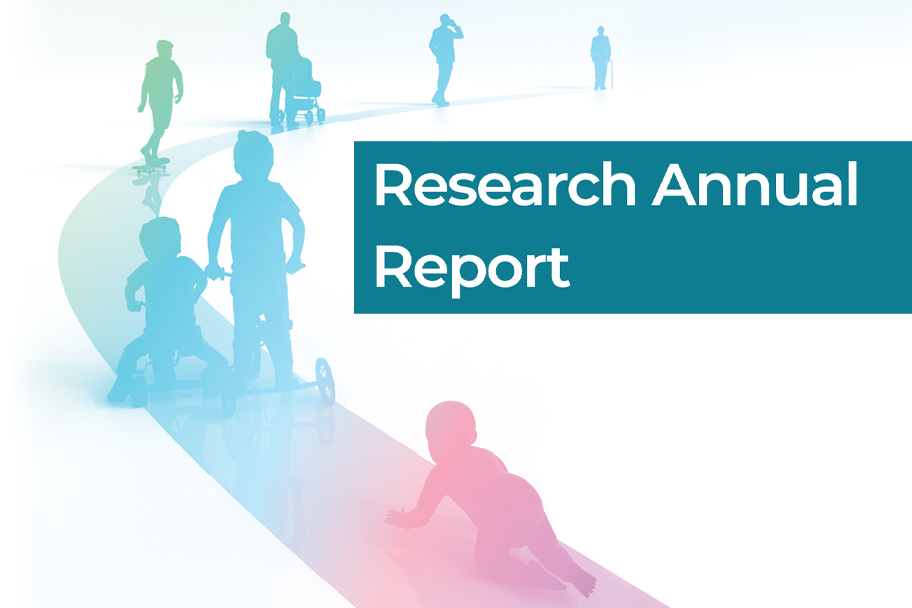Diabetes and Endocrinology Research
Researchers in the Division of Diabetes and Endocrinology lead numerous basic, clinical and translational studies related to endocrinology, metabolism, and diabetes.
Our multidisciplinary team of faculty, trainees and staff is committed to developing best-in-class care and performing innovative, basic and clinical research designed to prevent the development of disease, maximize the treatment of disease, and limit the end organ complications of disease.
Through our work, we strive to enable:
- Best-in-class and equitable healthcare delivery
- Research and innovation
- Academic training and education
- Continuous quality improvement
- Collaborations with the community
Our Research
Cincinnati Children’s endocrinology faculty study many different aspects of the endocrine system and related conditions including how conditions develop and best treatments, including:
- Carbohydrate metabolism in cystic fibrosis
- Disorders of sexual differentiation
- Disadvantaged populations: overcoming gaps and improving medical care
- Duchenne’s muscular dystrophy
- Endocrine sequelae of childhood cancer
- Mechanisms and sequelae of insulin resistance
- Mechanisms and treatment of growth disorders
- Mechanisms and treatment of childhood and toddler obesity
- Metabolic bone disease
- Pancreatic (beta cell) development and function
- Pancreatic islet Cell Transplantation
- Role of inflammation in metabolic diseases
- Role of extracellular vesicles in the development and complications of obesity
- Thyroid dysfunction and cancer
- Turner Syndrome
Diabetes Focused Research
Diabetes prevention, development, treatments, and associated complications make up a large section of our research. Our goal is to advance medical treatment and diabetes prevention through patient care, education, and research.
Type 1 Diabetes
Our studies focus on:
- Immune modulating therapies to improve insulin production in type 1 diabetes
- Improving access to technology for all patients
- Improving response to hypoglycemia in patients with type 1 diabetes
- Innovative solutions to improve equity and address social determinants of health in patients with type 1 diabetes
- Integration of diabetes technologies into the electronic medical record to advance diabetes management
- Using quality improvement initiatives to improve care and self-management for patients with type 1 diabetes
- Using technology safely in the inpatient hospital setting
Type 2 Diabetes
We study the progression, development, and complications of youth-onset type 2 diabetes. Through basic, clinical, and translational research studies, we want to improve treatments to prevent and limit early onset complications.
Our work focuses on:
- Why some children develop type 2 diabetes
- Whether type 2 diabetes is harmful to small blood vessels in the eyes and the brain
- Which types of cholesterol are harmful, which ones may be protective and their role in cardiovascular disease
- Whether type 2 diabetes can lead to early signs of cardiovascular disease in teenagers
- Why type 2 diabetes medication responses differ in children when compared to adults
- How weight loss surgery helps type 2 diabetes in kids
- How obesity-associated inflammation is induced and its adverse impact on glucose metabolism
- Whether and how small extracellular vesicles contribute to impaired glucose metabolism in obesity
Our diabetes team includes 20 physicians, three PhDs, nine nurse practitioners, one exercise physiologist, two psychologists, and eight research coordinators.
Our investigators collaborate with colleagues in the following sub-specialties: Bariatric Surgery, Cardiology, Developmental Biology, Epidemiology and Biostatistics, Gastroenterology, General Surgery, Genetics, Hematology, Oncology, and Psychology.




